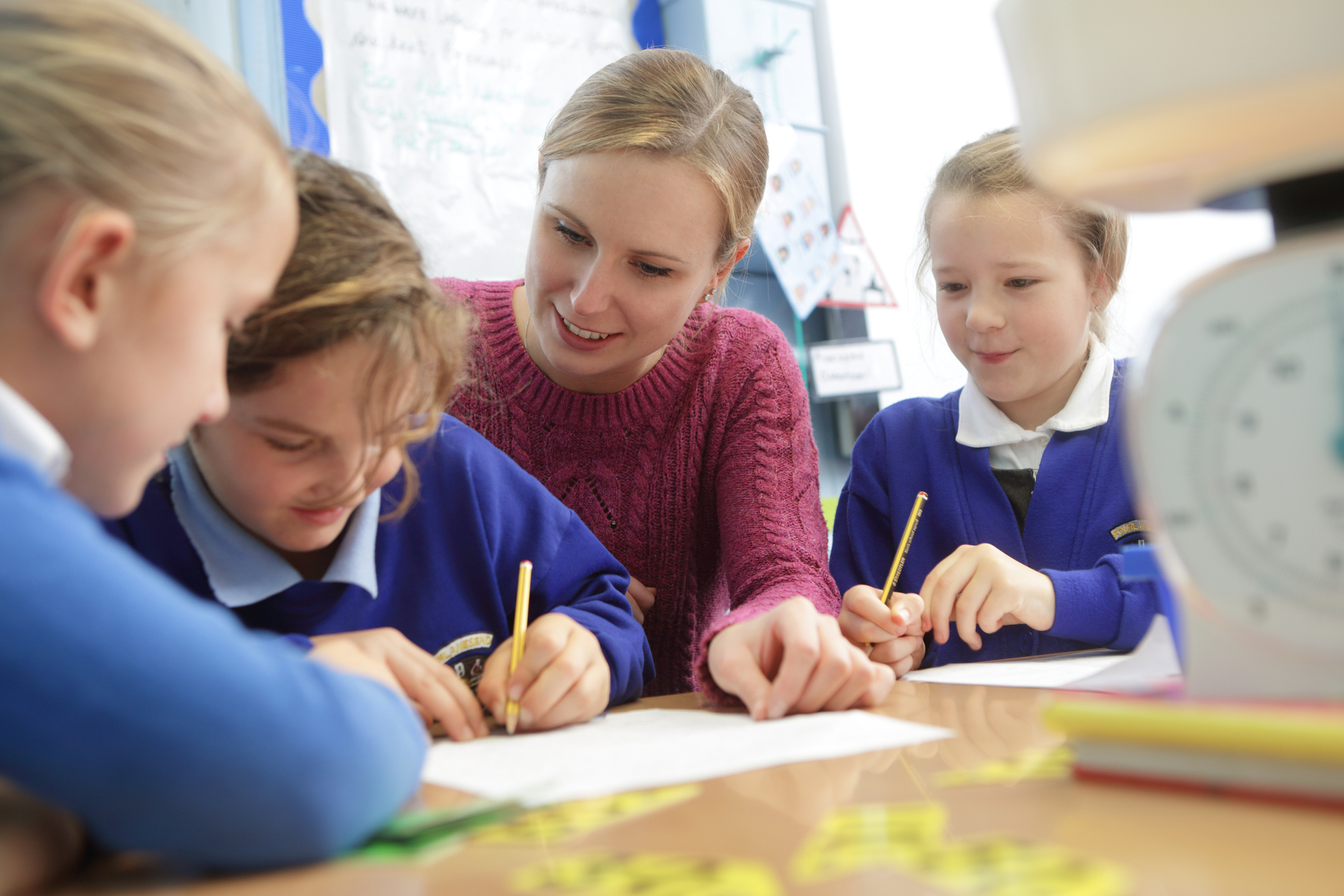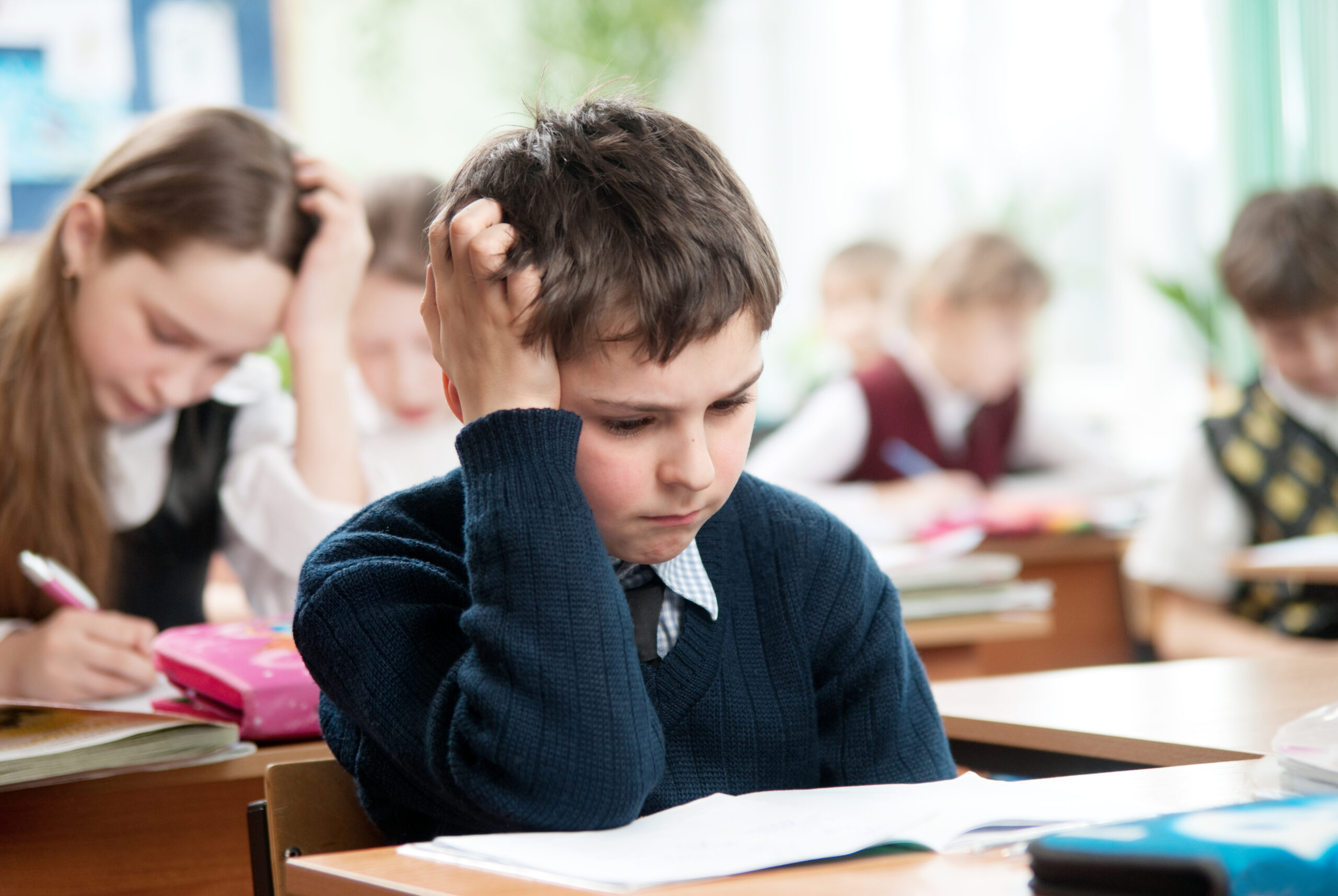In this post, C4IE HDR students Haley Tancredi, Lara Maia-Pike, Elise Bray, and Julie Arnold reflect on their 2022 #AAREConference symposium and share how the C4IE HDR Support Network has contributed to their HDR success.
COVID-19, natural disasters, and rising costs of living have impacted us all since 2020. For higher degree research (HDR) students, these events have significantly disrupted research plans and degree timelines, not to mention the disruptions to family, social, and everyday life. These disruptions mean it is more critical than ever that supports are in place so that Australian universities can develop a pipeline of high-capacity researchers through HDR study, so that research excellence in inclusive education can be maintained into the future.
Universities offer HDR students a suite of research training opportunities related to writing, research skills, and industry engagement but one constraint is that these offerings are designed to meet the requirements of a broad range of students in disparate fields. Propelling research in inclusive education into the future requires both general university offerings and bespoke research training.
The C4IE HDR Support Network
The Centre for Inclusive Education (C4IE) HDR Support Network was established as a C4IE research training initiative in 2020. The C4IE HDR Support Network aims to foster a culture of HDR research excellence through peer and academic member connections.
In their 2022 AARE Conference Symposium, four doctoral students from the HDR Support Network shared their experiences of the Network, which has provided a lifeline of engagement and support during and post pandemic disruptions.

Haley Tancredi introduced the background and context for the Network, which was developed in February 2020 and currently includes 87 members. She described some of the opportunities available to C4IE HDR students, such as online meetings on member-selected topics with guest speakers, research masterclasses and forums, and the opportunity to share individual research profiles on the C4IE website. Bespoke events, such as C4IE HDR The Voice, have supported HDR students to develop a pitch that summarises their inclusive education research.
Students with language and attention difficulties: Missed and dismissed
Haley then reported on aspects of her doctoral research project, which is being conducted as part of the Accessible Assessment ARC Linkage Project. She outlined the recruitment procedures, comprehensive language and attention assessments, and student interviews that took place in 2021 and 2022. Triangulation of student history data from parents and assessment data were used to demonstrate the high frequency of students with difficulties being “missed”.
Haley also shared results arising from standardised assessments conducted with students, which were used to create six student profile groups and to map the constellation of impacts that students experience in the classroom. Finally, student interview data were described, where students shared their experiences of accessibility issues in English classrooms. Students spoke of the barriers they experienced too much “teacher talk” and inconsistent access to supportive visual aids. Students also described the supportive and inclusive teaching practices that they have experienced in classrooms, such as checklists, support to manage time and deadlines, and clear instructions.
Re-imagined aspirations: The post-school transition planning experience of students with disability in regular schools
Lara Maia-Pike shared her research on the post-school transition experiences of young people with disability. She introduced some key points of the literature, including the positive effect of transition planning in secondary schools and an overview of self-determination theory. In disability studies, self-determination is understood as a right-based and psychological construct, which focus on a set of attitudes and behaviours individuals need to be self-determined. Put simply, self-determination is the capacity to choose and to have those choices. She then posed a provocation: are self-determined people able to realise their own choices?
Lara then described Appadurai’s concept of ‘capacity to aspire’, which refers to individuals’ access to economic, social and cultural resources to create imaginary routes into their future, or a map of aspirations. Two cases were presented, with some key insights pointing to students’ experiences of gatekeeping and exclusion, turning points changing students’ routes, and experiences of navigating a “different map”, where available choices were limited despite students’ interests and their families “social capital”.
Untold stories: How are flexible learning environments supporting students on the autism spectrum?
Elise Bray led the third presentation, where she reviewed current research on flexible learning environments with consideration to physical design and pedagogy decisions and their support of students on the autism spectrum. Elise identified that while these flexible learning environments are designed to be inclusive through their student-centred approach, some inherent features such as flexible routines and layouts as well as collaborative learning approaches may cause challenges for students on the autism spectrum. The physical and pedagogical demands may impact students’ learning and wellbeing in unexpected ways.
Elise was also able to outline findings from flexible learning environments research that reported on an increase in sensory experiences through more open learning spaces and increased classroom noise as a result of collaborative activities. Elise spoke about the importance of having students on the autism spectrum being given an opportunity to share their stories when investigating their experiences within contemporary flexible learning spaces. The inclusion of student voice will provide unique insights for both teachers and designers whilst also contributing to student’s wellbeing and educational success.
On teacher and researcher reflexivity in Assessment for Learning pedagogies: How student experience can inform teacher practice
In the final symposium presentation, Julie Arnold described how English teachers responded to knowing about their students’ experiences of Assessment for Learning (AfL), or formative assessment, in the Accessible Assessment ARC Linkage Project. This is important because AfL practices are amongst the most potentially powerful in a teachers’ repertoire. But they’re challenging pedagogy for teachers and students, especially students with language and/or attentional difficulties. Julie proposed a symbiosis between the value of reflexive practice for teacher professional learning and the necessity of reflexivity in research. For teachers who were trying new things in their AfL practice, student insights about classroom experiences were a powerful source of professional learning. For HDR students, or this one anyway, the insights of multidisciplinary C4IE colleagues on data-analysis-in-progress was a powerful source for developing reflexivity.
The papers in this symposium exemplify how the C4IE HDR Support Network has united HDR candidates who are researching the experiences of students with diverse learning requirements, and has supported members to navigate different theoretical, methodological, and professional interests in disrupted times.
You can also listen to a Making Inclusion Happen podcast with Haley, Lara, Elise and Julie titled Propelling each other: Reflections on the C4IE HDR Support Network.

Haley Tancredi is a PhD candidate at QUT on the Accessible Assessment Linkage Project, where she is investigating the impact of teachers’ use of accessible pedagogies on the classroom experiences, engagement and learning outcomes of students with language and attentional difficulties. She tweets from @HaleyTanc.

Lara is a PhD candidate at QUT, where she is investigating the post-school transition planning experiences of students with disability in senior high school. Her research interests are in social justice, youth transitions, widening participation in higher education, and inclusion of students with disability.

Elise is a PhD candidate at QUT, where she is investigating the interactions that take place between students on the autism spectrum and their peers, teachers, and their learning environment, with a focus on how students navigate their learning within these spaces. Elise is an experienced primary school teacher.

Julie is a PhD candidate on the Accessible Assessment Linkage Project. Her research focuses on the experiences of students and how teachers respond to their insights about AfL pedagogies. The research will contribute to an understanding of how current assessment practices affect students and suggest how the agentic power of students might improve the ways teachers and students learn from one another.




